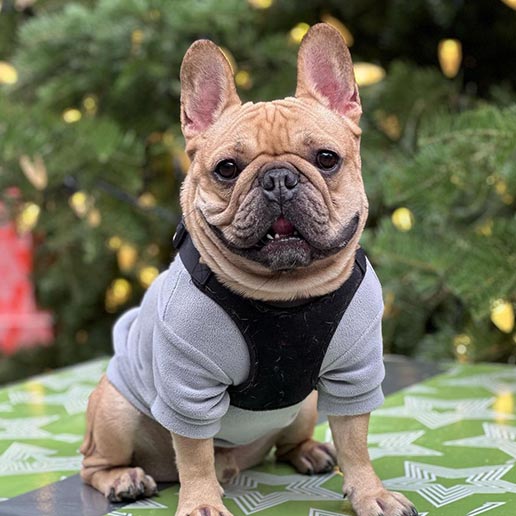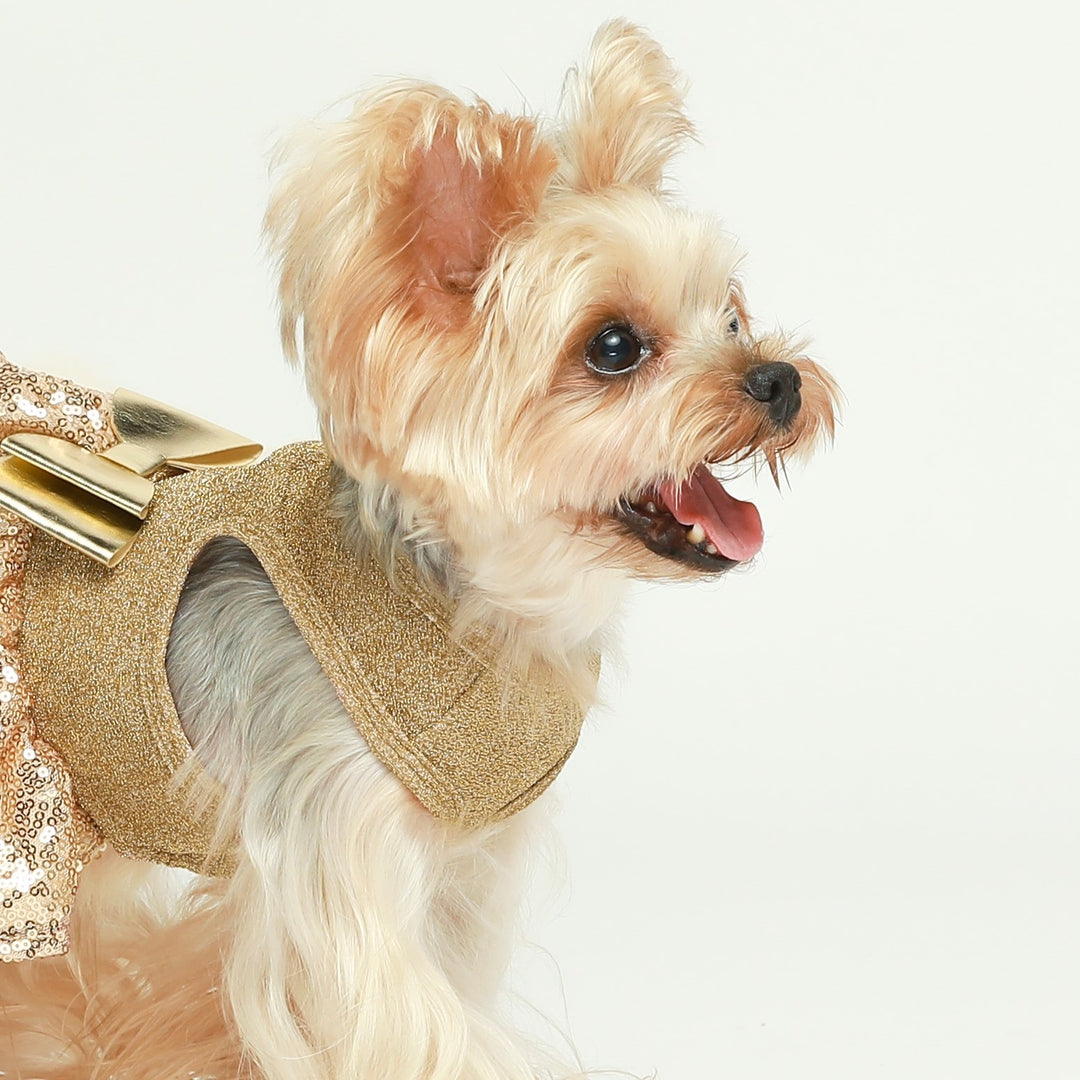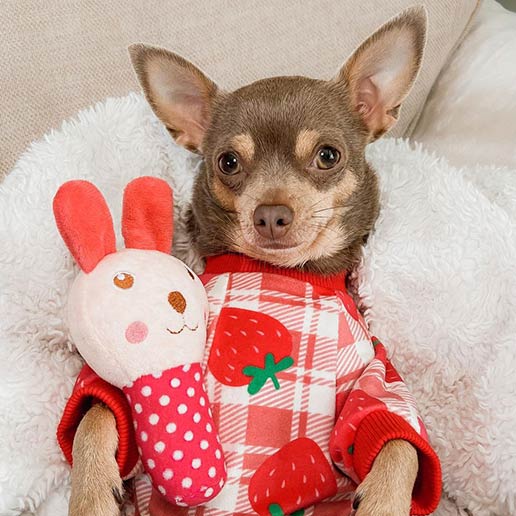Why Dogs Lick Wounds: Causes, Risks & Prevention
Have You Notice Your Dog Licking Wounds ?
If you’ve ever seen your dog instinctively lick a cut, scrape, or even their stitches after surgery, you’re not alone. Many pet owners notice their dogs obsessively licking their wounds, especially after neutering or spaying. But why do they do this?

Instagram: my.man.mochi
Some people believe that a dog’s saliva has healing properties, while others worry that licking might make things worse. The truth lies somewhere in between. In this blog, we’ll explore why dogs lick wounds, whether it’s safe, and how to stop it to ensure proper healing.
The Reason Why Dogs Lick Their Wounds
Dogs don’t understand modern medicine, but their instincts tell them that licking is the best way to deal with an injury. Here’s why they do it:
-
Instinctive Healing Response: Licking is a natural behavior passed down from their wild ancestors. In the wild, wolves and other canines licked wounds as a basic way to keep them clean.
-
Saliva Contains Enzymes: Dog saliva has mild antibacterial and antimicrobial properties, which may help break down bacteria in minor wounds.

Instagram: wakanda_shihtzu
-
Soothing the Pain: Licking provides a temporary numbing effect, much like how we might rub a sore spot to relieve discomfort.
-
Cleaning the Wound: A dog’s tongue helps remove dirt and debris, preventing small wounds from becoming infected.
-
Habit or Learned Behavior: Some dogs learn to lick their wounds because they associate it with comfort or have seen other dogs do it.
While this behavior may seem helpful, there’s a downside—licking can actually cause more harm than good
Is Licking Good or Harmful for Dogs?
Although licking is instinctive, it isn’t always beneficial and can sometimes do more harm than good. While it may seem like a natural way for dogs to clean their wounds, excessive licking can lead to serious health issues. Here’s why you should discourage it:
-
Bacteria in Saliva: While saliva has some antibacterial properties, it also contains harmful bacteria that can lead to infections if introduced into an open wound. What starts as a minor wound can quickly become a painful, swollen infection requiring medical treatment.
-
Delayed Healing: Excessive licking can reopen wounds and slow the healing process. This is especially dangerous for post-surgery wounds, such as spay or neuter incisions, where stitches can be damaged, leading to additional vet visits and prolonged recovery.

Instagram: roostertheweenie
-
Risk of Lick Granulomas: Some dogs become obsessive about licking, leading to chronic skin irritation and open sores known as lick granulomas. These sores can be difficult to heal and may require long-term treatment, including medications or behavioral interventions.
-
Self-Mutilation: In severe cases, dogs may lick to the point of self-inflicted wounds, making the situation far worse than the original injury. What starts as a small sore can turn into a large, raw wound that requires extensive care and possibly even surgery.
Because of these risks, preventing wound licking is crucial for proper healing and overall well-being. Taking proactive steps to stop excessive licking can save your dog from unnecessary pain and complications.
How to Stop Your Dog from Licking Wounds?
Stopping your dog from licking their wounds is essential to prevent infections and ensure faster healing. Here are some effective methods:
-
Dog Recovery Suit (Best Alternative to Cones!) Instead of the traditional "cone of shame," consider using a dog recovery suit. These snug, protective garments cover the wound while allowing your dog to move comfortably. They are especially useful after neutering, spaying, or surgery.
-
Elizabethan Collar (E-Collar) The classic plastic cone collar prevents dogs from reaching their wounds but can be uncomfortable. Some dogs struggle with eating and drinking while wearing it.

-
Soft or Inflatable Collars These are more comfortable alternatives to E-collars, offering less restriction while still preventing licking.
-
Bandages and Wound Dressings For small wounds, vet-approved bandages or antiseptic sprays can create a protective barrier. However, some dogs may still try to chew them off.
-
Distraction Techniques Provide engaging toys, puzzles, or chew treats to keep your dog occupied and less focused on licking.
If your dog continues to lick excessively despite these interventions, consult your vet for further guidance.
Helping Your Dog Heal Comfortably
Caring for your dog’s wounds goes beyond just stopping them from licking—it’s about ensuring their comfort and well-being throughout the healing process. By taking the right precautions and providing proper care, you can help your furry friend recover safely and stress-free. If your dog continues to obsess over a wound despite your efforts, consulting a veterinarian is always the best course of action. With patience and attention, your dog will be back to their happy, healthy self in no time.















